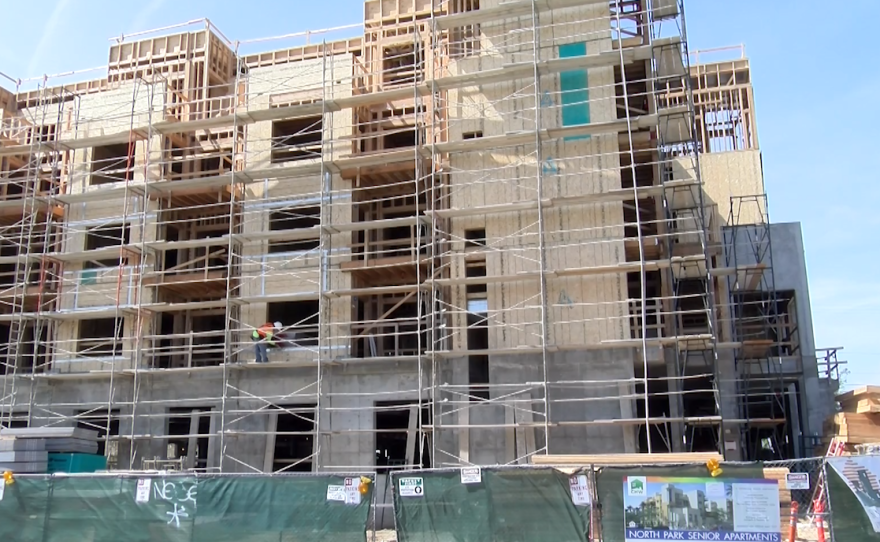UPDATE: 5:25 p.m., Nov. 5, 2020
Measure A has failed to garner the two-thirds vote to pass.
The measure would allow San Diego to issue up to $900 million in bonds to fund affordable housing construction, faces the challenge of getting approval from two-thirds of voters to pass.
Supporters say it is San Diego's best chance to make a serious dent in the homelessness crisis and affordable housing shortage. They say the property tax hike that would pay off the bonds is modest — estimated at roughly $1.57 per month in the first year for a home with a tax assessment of $600,000.
Opponents say San Diegans cannot afford a tax increase during the pandemic, and that voters should instead pressure local and state officials to focus on lowering the cost of building affordable housing.
The "yes" campaign estimates that Measure A could fund construction of up to 7,500 homes for people currently living on the streets and those at risk of becoming homeless. Those include low-income families, seniors, youth transitioning out of the foster care system, veterans and people with disabilities.
Detractors note that a similar bond measure approved in Los Angeles has produced fewer units than originally promised — due in part to the rising costs of labor and building materials and the frequent opposition that affordable housing projects face from nearby residents and businesses.
Supporters argue the local money raised by Measure A could be matched three to four times over with state and federal dollars, which they say could serve as a stimulus program to help San Diego emerge from the recession caused by the COVID-19 pandemic.






